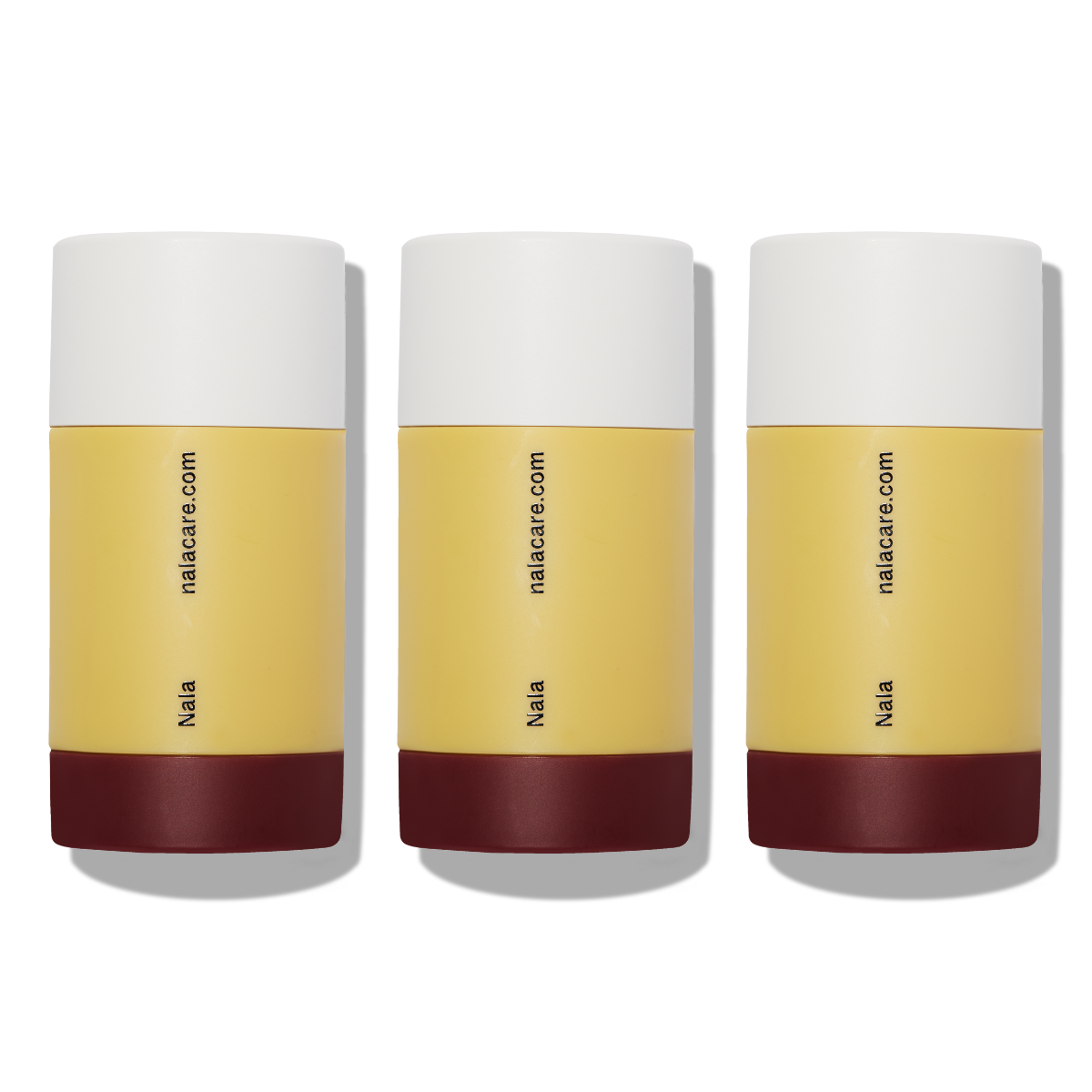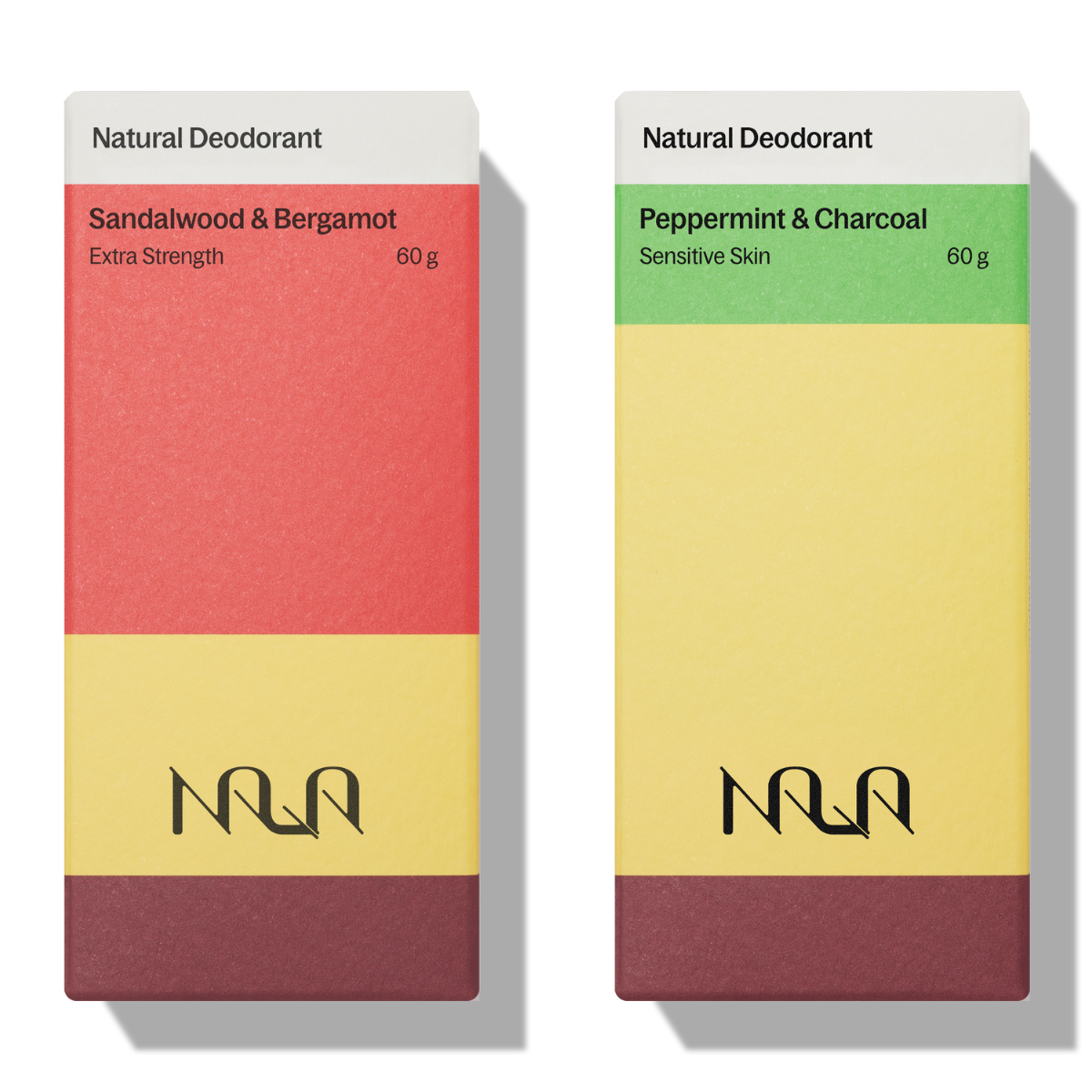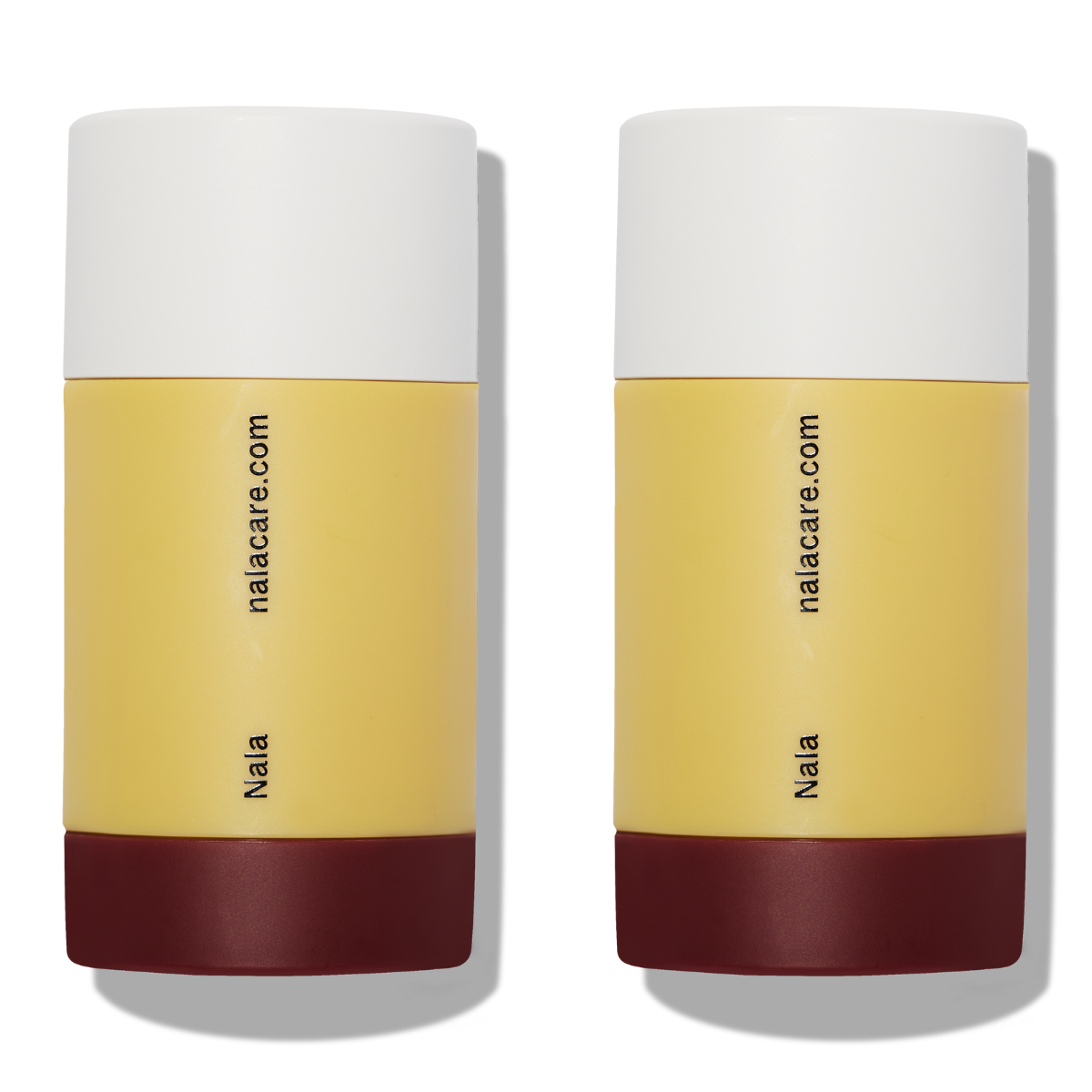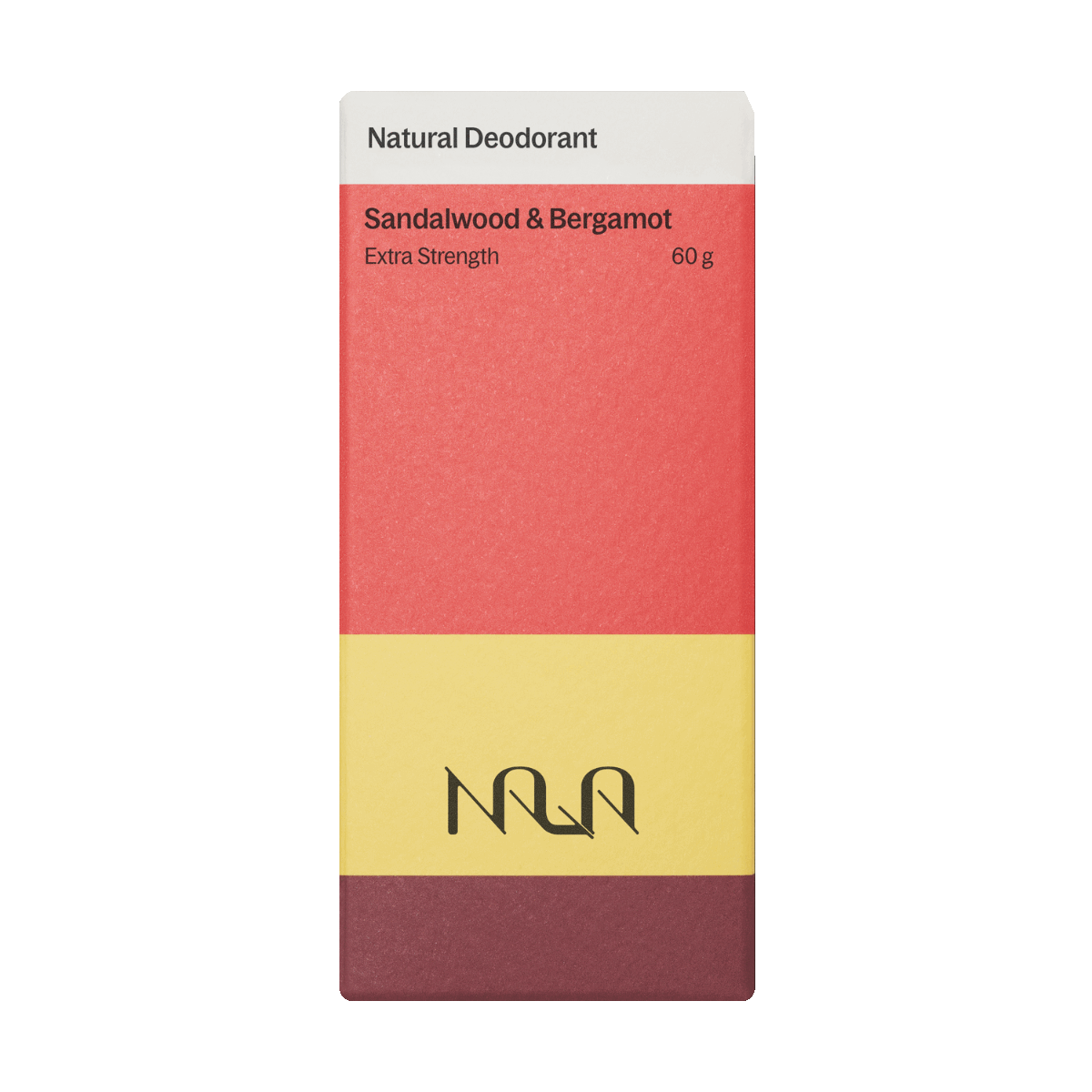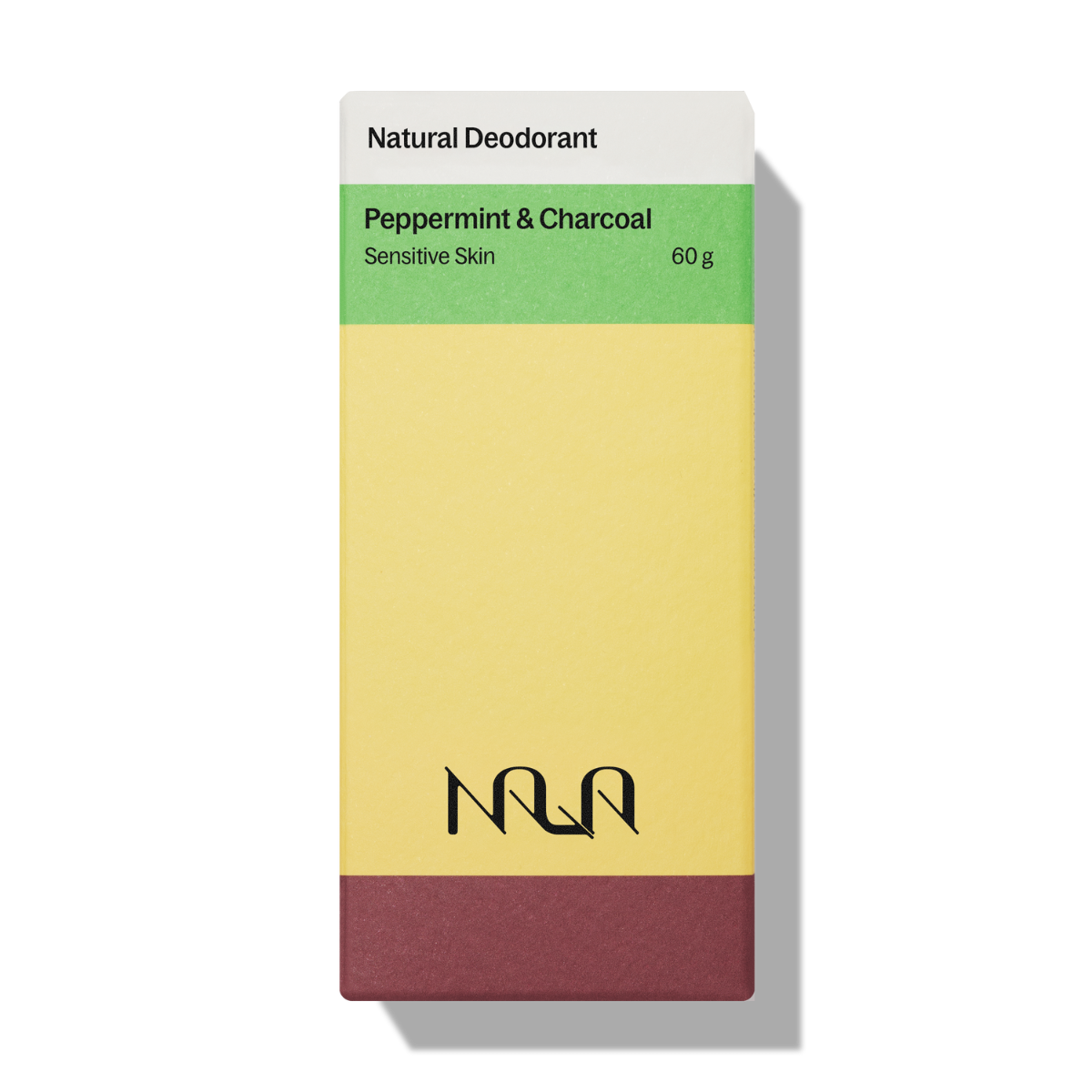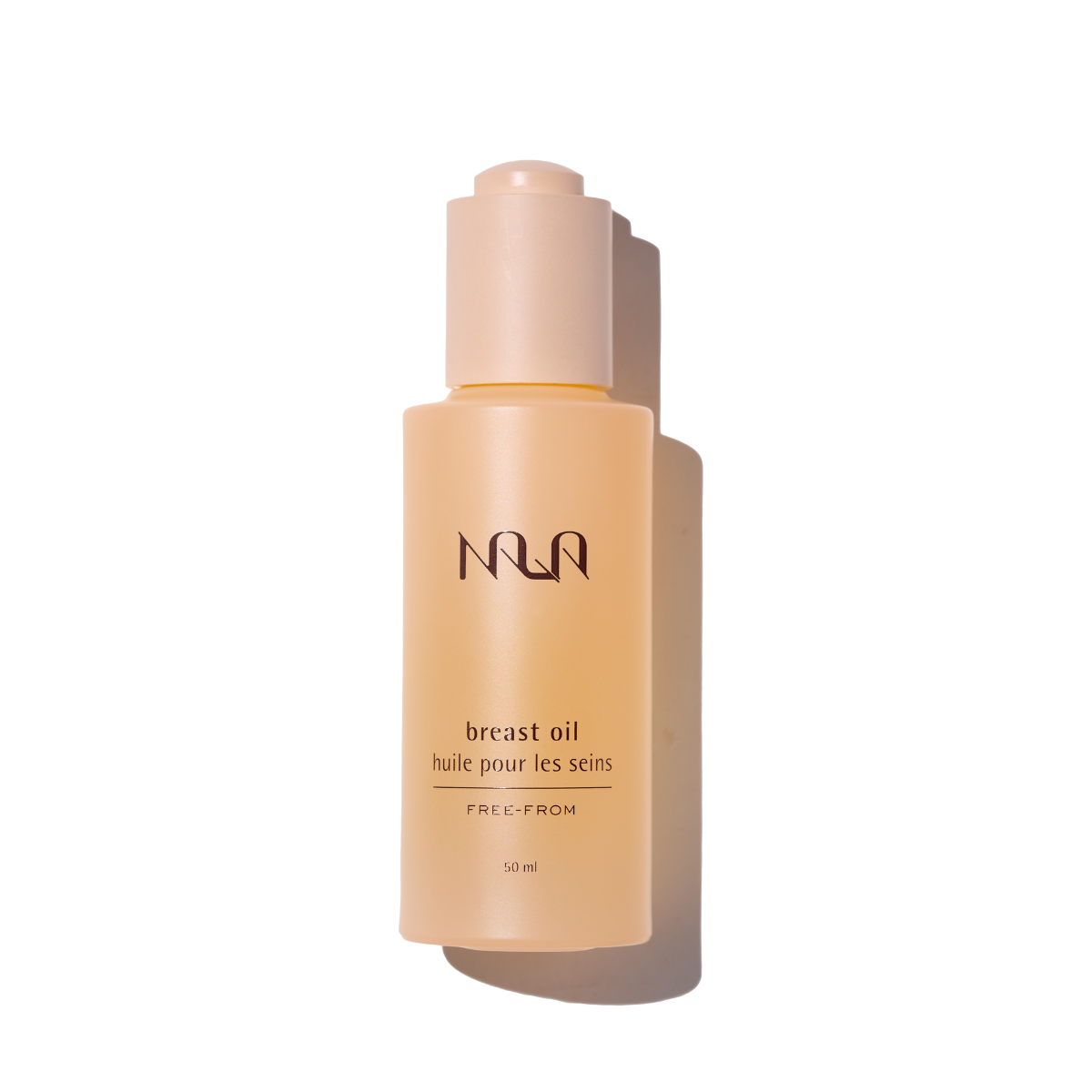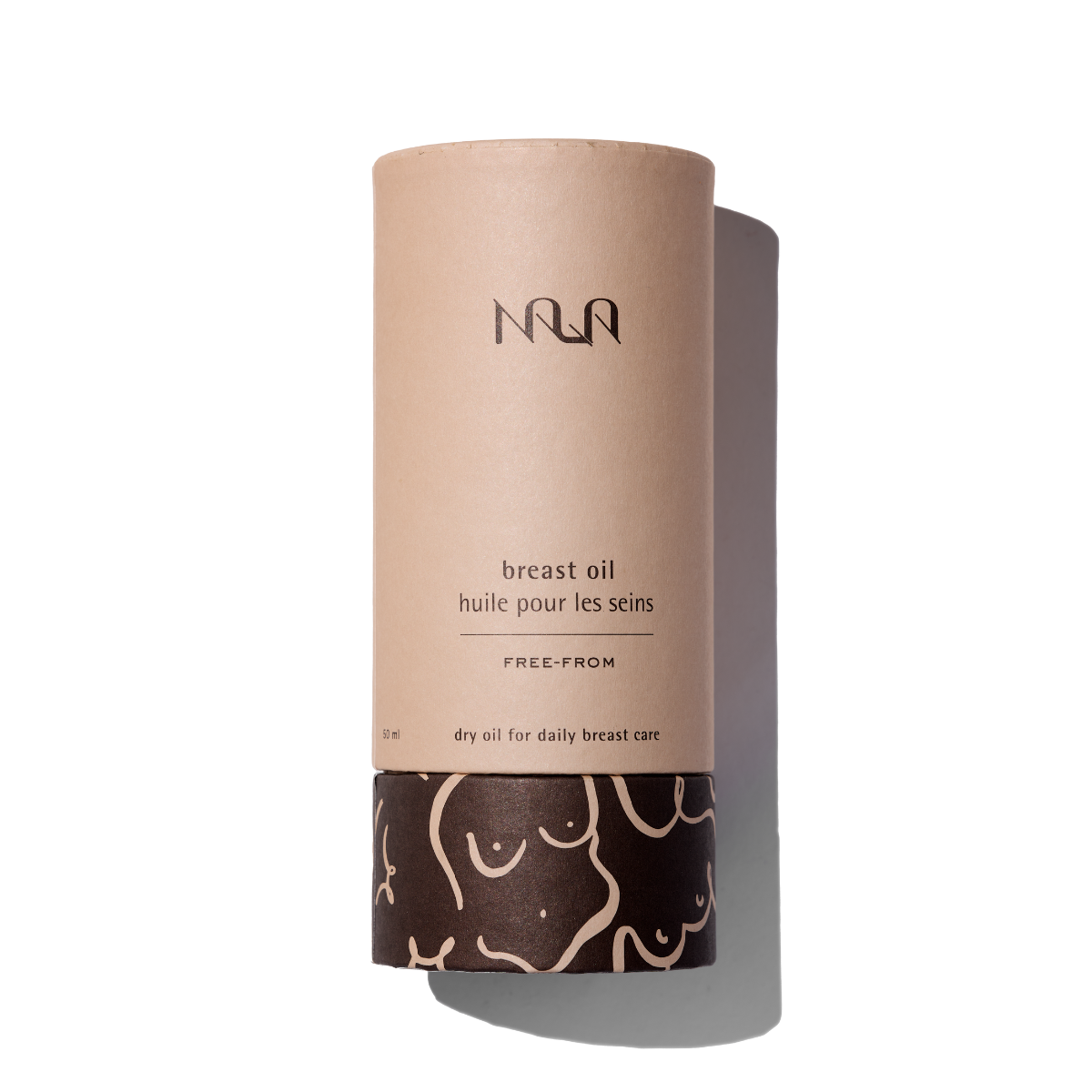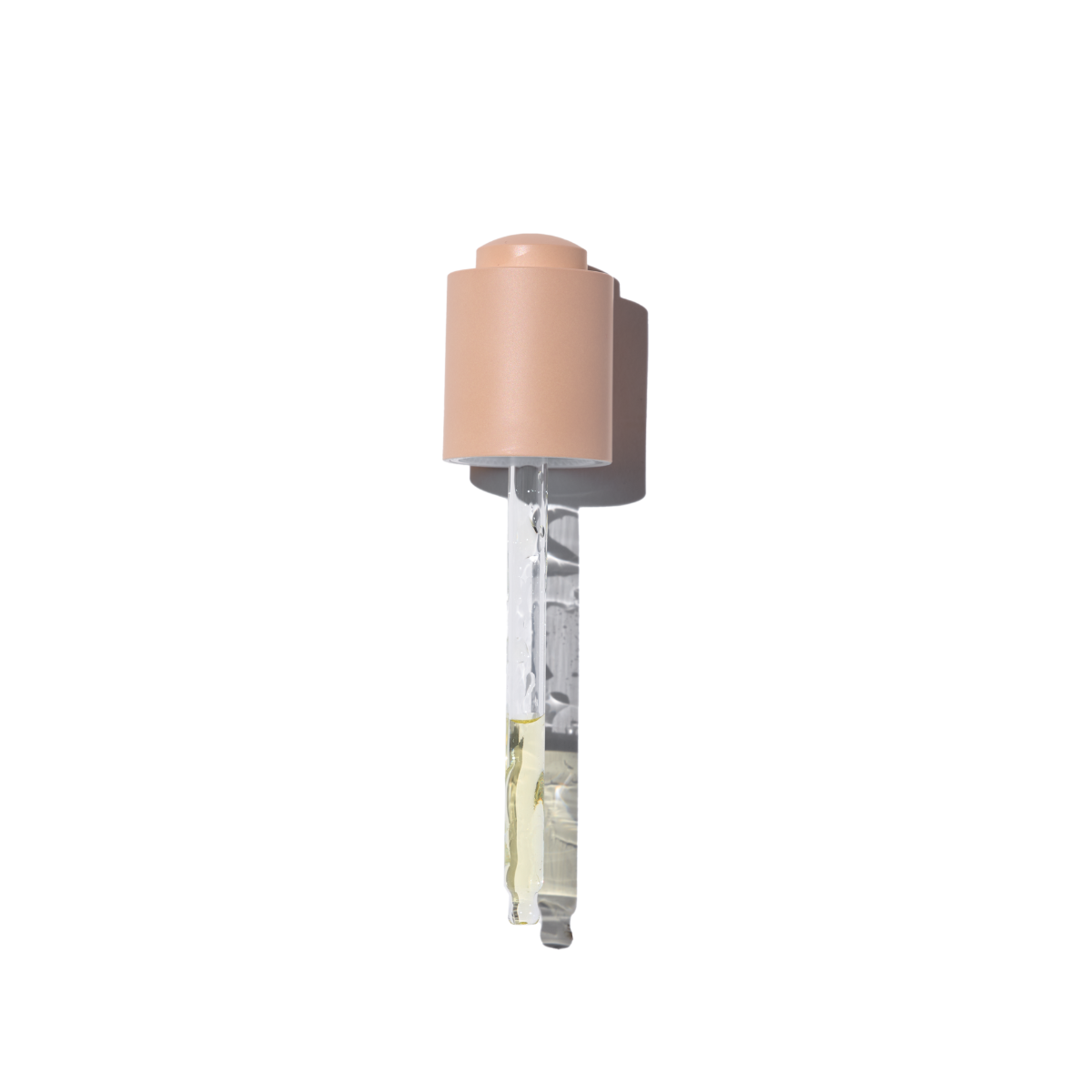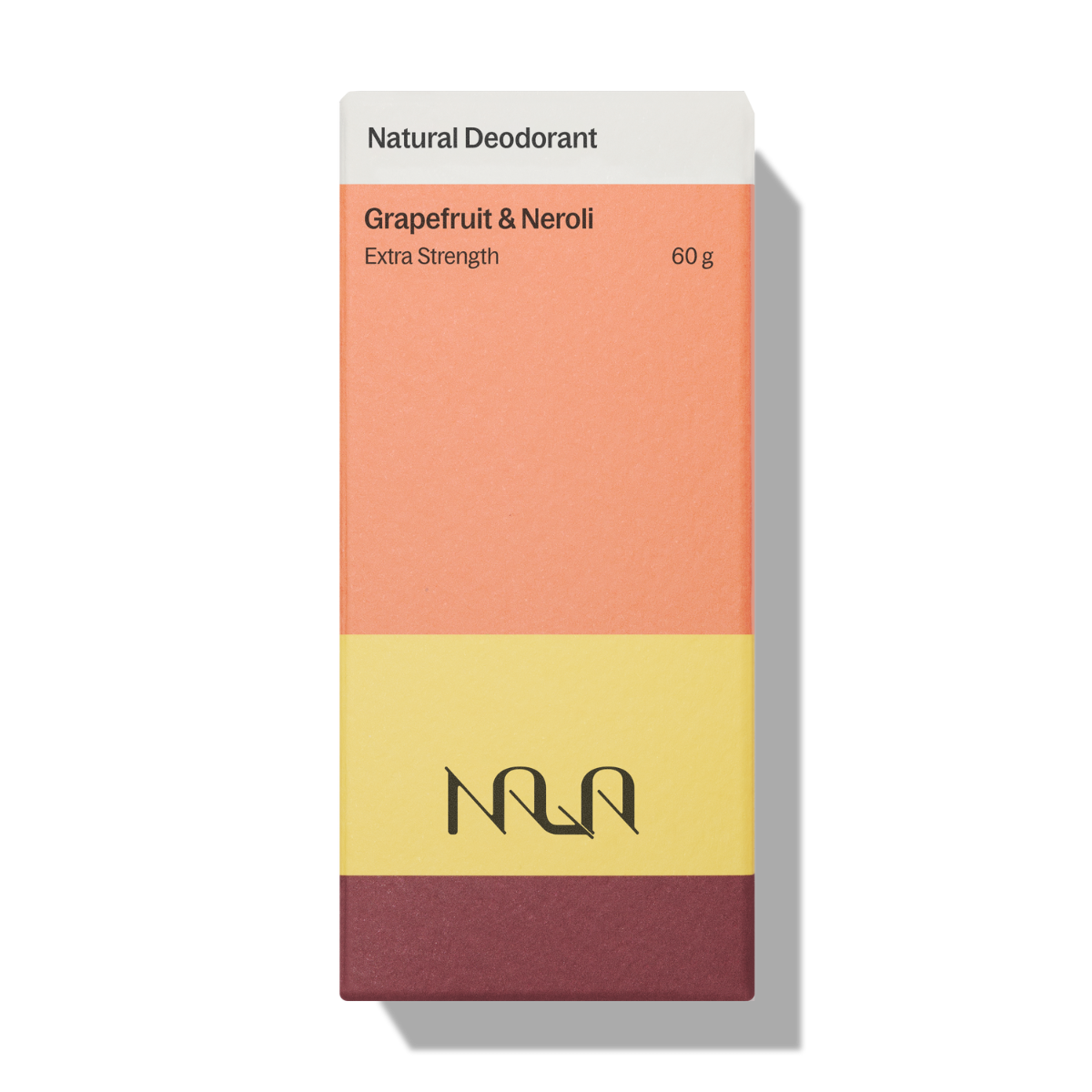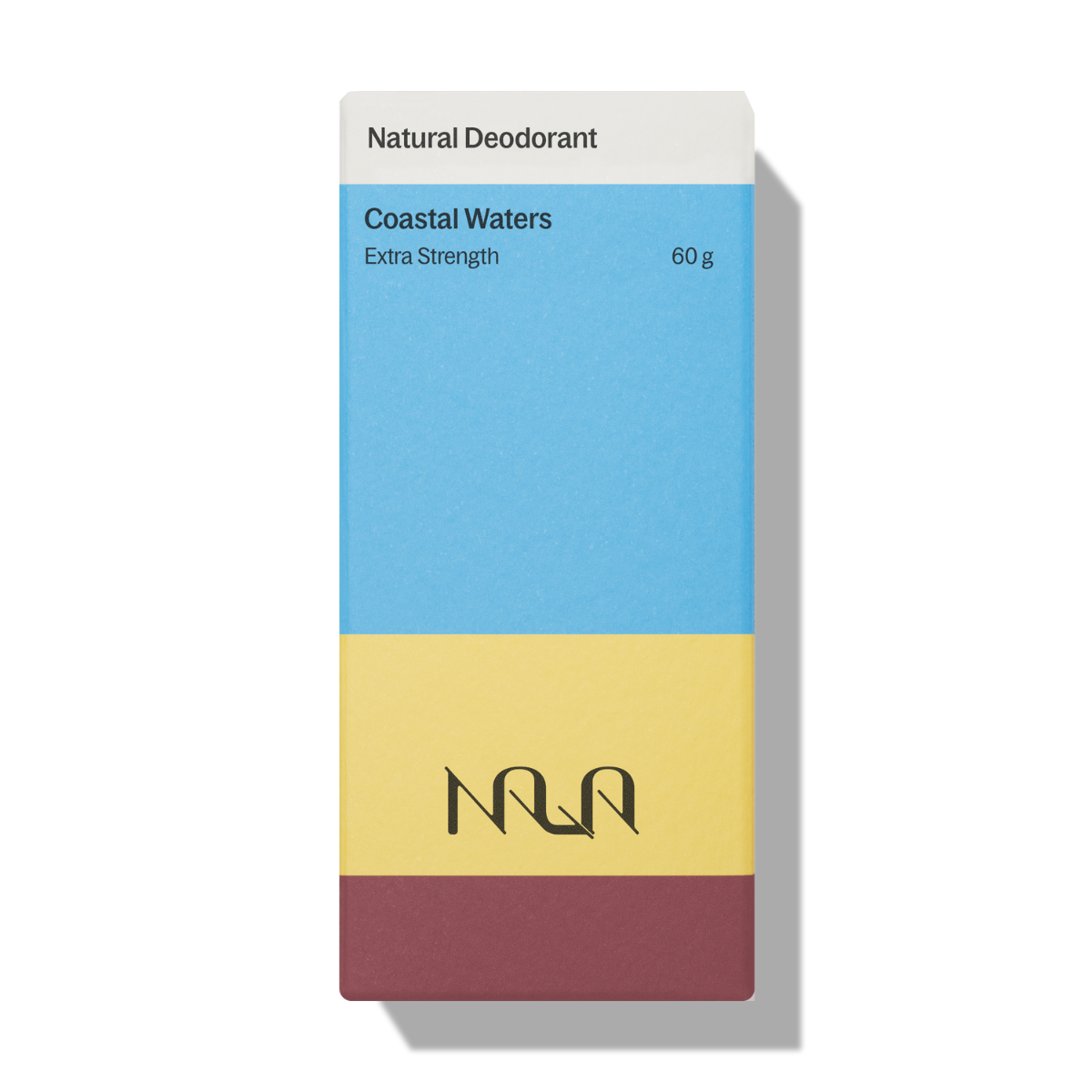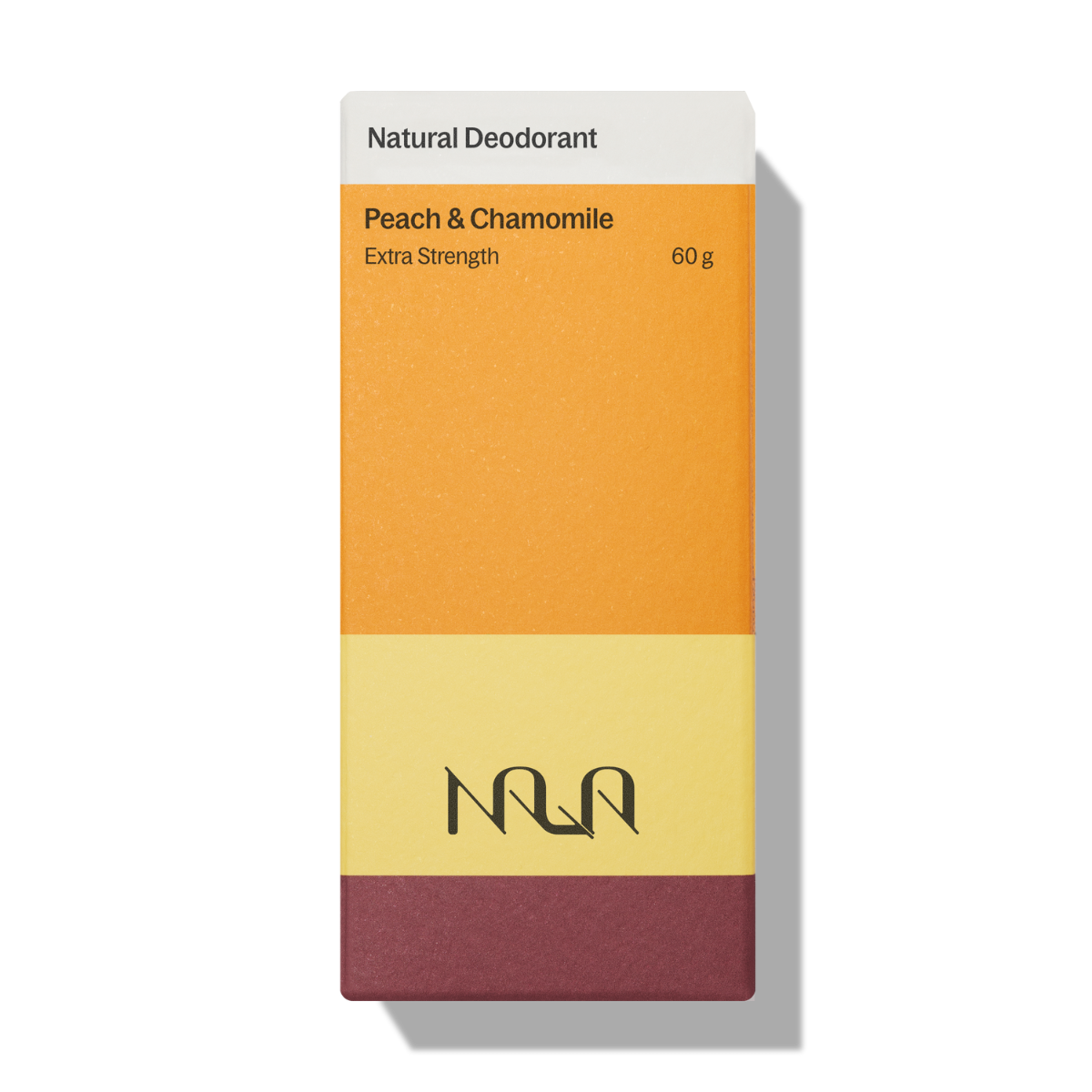When it comes to managing underarm body odor, we know the basics - sweat, bacteria, and hygiene play a role. But did you know that there are unexpected factors that can influence the way your underarms smell? We covered this topic in Part 1, Unexpected factors that affect body odor, we dig deeper here with more sneaky culprits.
Medications and Supplements: The Unforeseen Effects
Certain medications and supplements can surprise you with their impact on underarm odor. Some medications, like antibiotics, can alter the balance of bacteria on your skin, leading to changes in odor. Additionally, supplements like garlic, fenugreek, or even certain vitamins can cause your sweat to have a distinct smell. If you've noticed an unexpected change in your underarm odor after starting a new medication or supplement, it might be worth discussing with your healthcare provider. (2)
Diet: The Aromatic Connection
We all know that foods like onions and garlic can make your breath less than pleasant, but did you know they can affect your underarm odor too? The compounds in these pungent foods can be excreted through your sweat, giving it a stronger smell. Similarly, spicy foods can have a similar effect. So, while you shouldn’t give up your favorite cuisines, keeping a balanced diet can help you manage your underarm odor. (3)
Best natural deodorants for managing body odor
Hormonal Changes: The menstrual connection
Hormonal fluctuations throughout the menstrual cycle can affect the scent of your sweat. During the premenstrual and menstrual phases, increased levels of progesterone can cause your body to produce more sweat, leading to a potentially stronger underarm odor. Additionally, hormonal changes can impact the activity of the sweat glands, altering the composition of sweat and contributing to different smells. So, don't be surprised if you notice changes in your underarm odor throughout your cycle—it's a natural part of life. (5)
Clothing Choices: The Breathability Factor
Your clothing choices can impact your underarm odor too. Tight, synthetic fabrics can restrict airflow and trap sweat, creating a breeding ground for odor-causing bacteria. Breathable fabrics like cotton or moisture-wicking materials allow air to circulate, keeping your underarms cooler and less prone to odor. (6)References:
-
Harvard Health Publishing. (2018). The impact of stress on body odor. Harvard Medical School. Retrieved from https://www.health.harvard.edu/staying-healthy/the-impact-of-stress-on-body-odor
-
Healthline. (2022). Sudden Change in Body Odor: Causes, Treatment, and More. Retrieved from https://www.healthline.com/health/sudden-change-in-body-odor#treatment
-
WebMD. (n.d.). Reduce Body Odor: What You Can Do. Retrieved from https://www.webmd.com/skin-problems-and-treatments/reduce-body-odor#:~:text=What%20you%20eat%20affects%20your,also%20make%20you%20sweat%20more.
-
WebMD. (2022). Smelly sweat and alcohol: Why it happens and what to do. Retrieved from https://www.webmd.com/skin-problems-and-treatments/ss/slideshow-smelly-sweat-and-alcohol
-
Watson, S. (2020). What causes underarm odor during a menstrual cycle? Verywell Health. Retrieved from https://www.verywellhealth.com/why-do-my-armpits-smell-different-when-im-on-my-period-4688594
-
Farmer's Almanac. (n.d.). Get Rid of Stubborn Underarm Odors from Clothes. Retrieved from https://www.farmersalmanac.com/get-rid-of-stubborn-underarm-odors-from-clothes-22067#:~:text=All%2Dnatural%20fabrics%20are%20more,dirty%20laundry%20basket%20or%20rehanging



